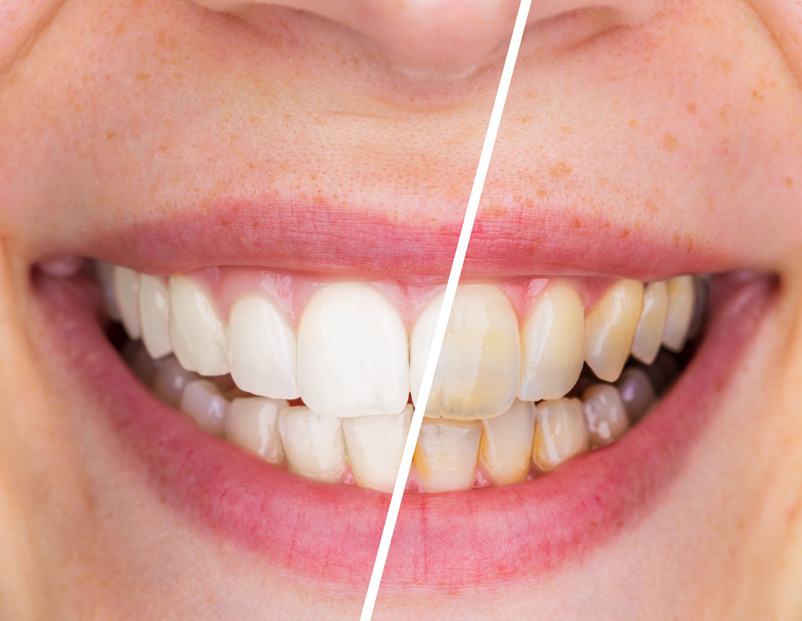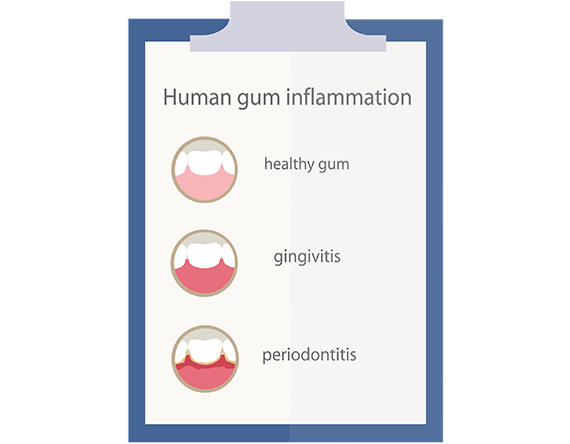Teeth Cleaning
KEEP A HEALTHY MOUTH FOR LIFE
Teeth Cleaning
Everybody knows how important it is to “keep your teeth clean”.
But did you know that not all cleanings are the same? Depending on the person – their age, their diet and how they take care of their teeth at home (along with other factors) – the type of cleaning that they need to keep their teeth and gums healthy for life can be very different.

TYPES OF PATIENTS
There are three general categories of patients when it comes to dental cleanings:
With the right type of dental care you can treat gum disease and put yourself back on the path to healthy teeth and gums that you can keep for the rest of your life.
The good news about gingivitis is that it is a curable condition (unlike gum disease which is only controllable) – meaning that with the right type of dental care a patient can put themselves back into the third category of dental cleanings – Every 6 Month Cleanings – and firmly on the road to keeping their teeth and gums healthy for life.
You don’t have to lose your teeth to gum disease. Brushing, flossing, following a healthy diet and working with your dentist and dental team in maintaining regular dental visits will go a long way towards keeping your teeth, gums and mouth healthy for life.



